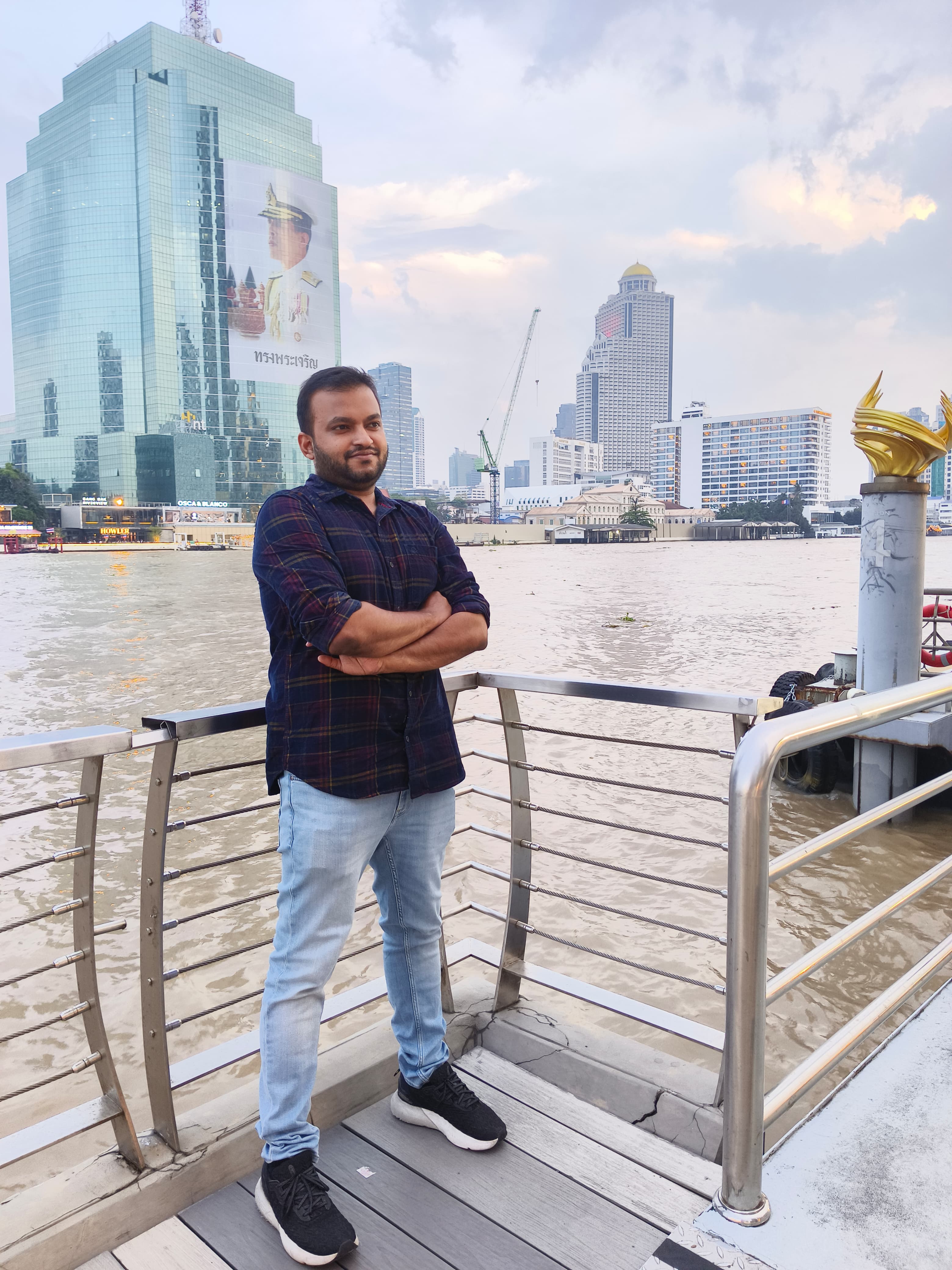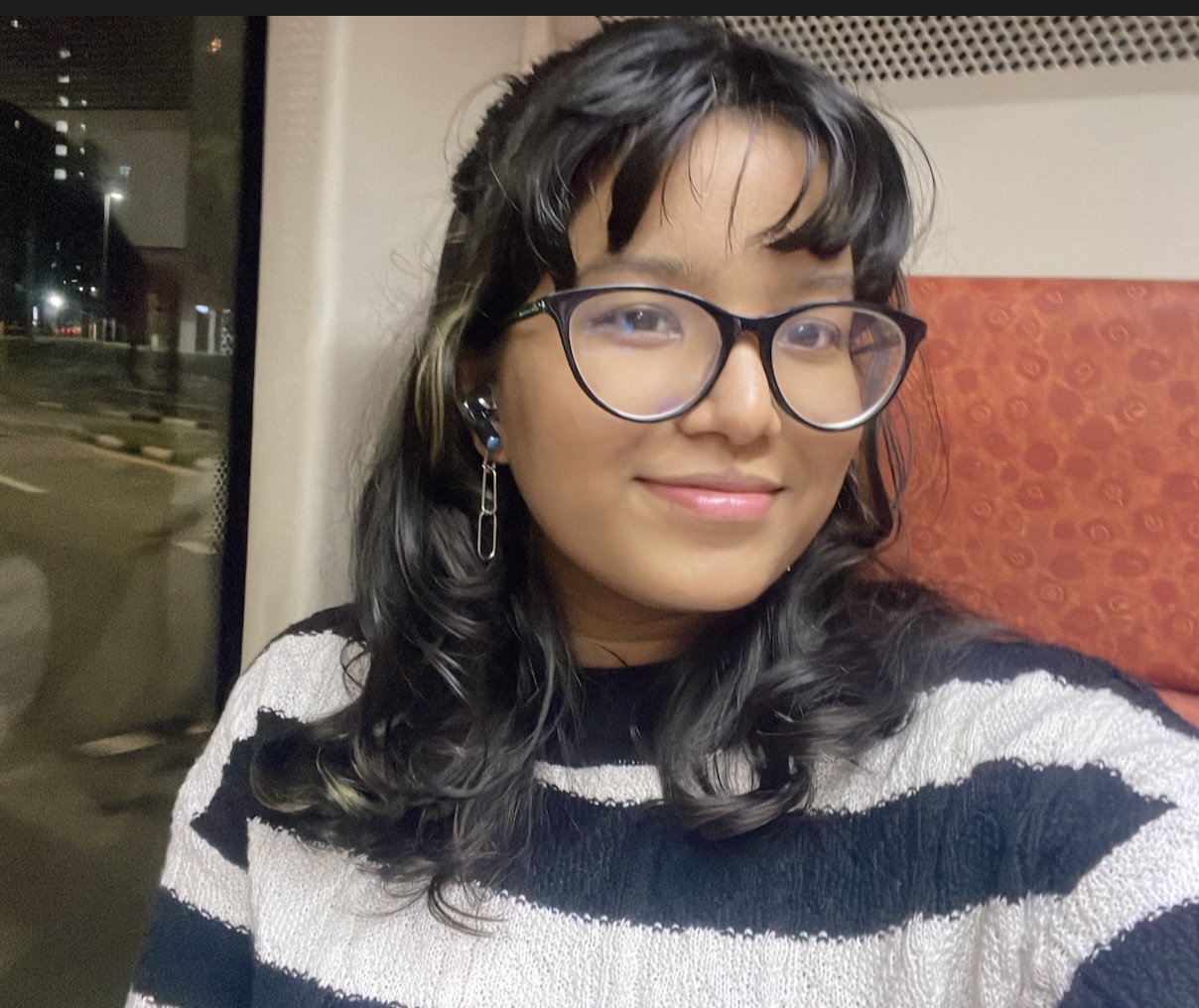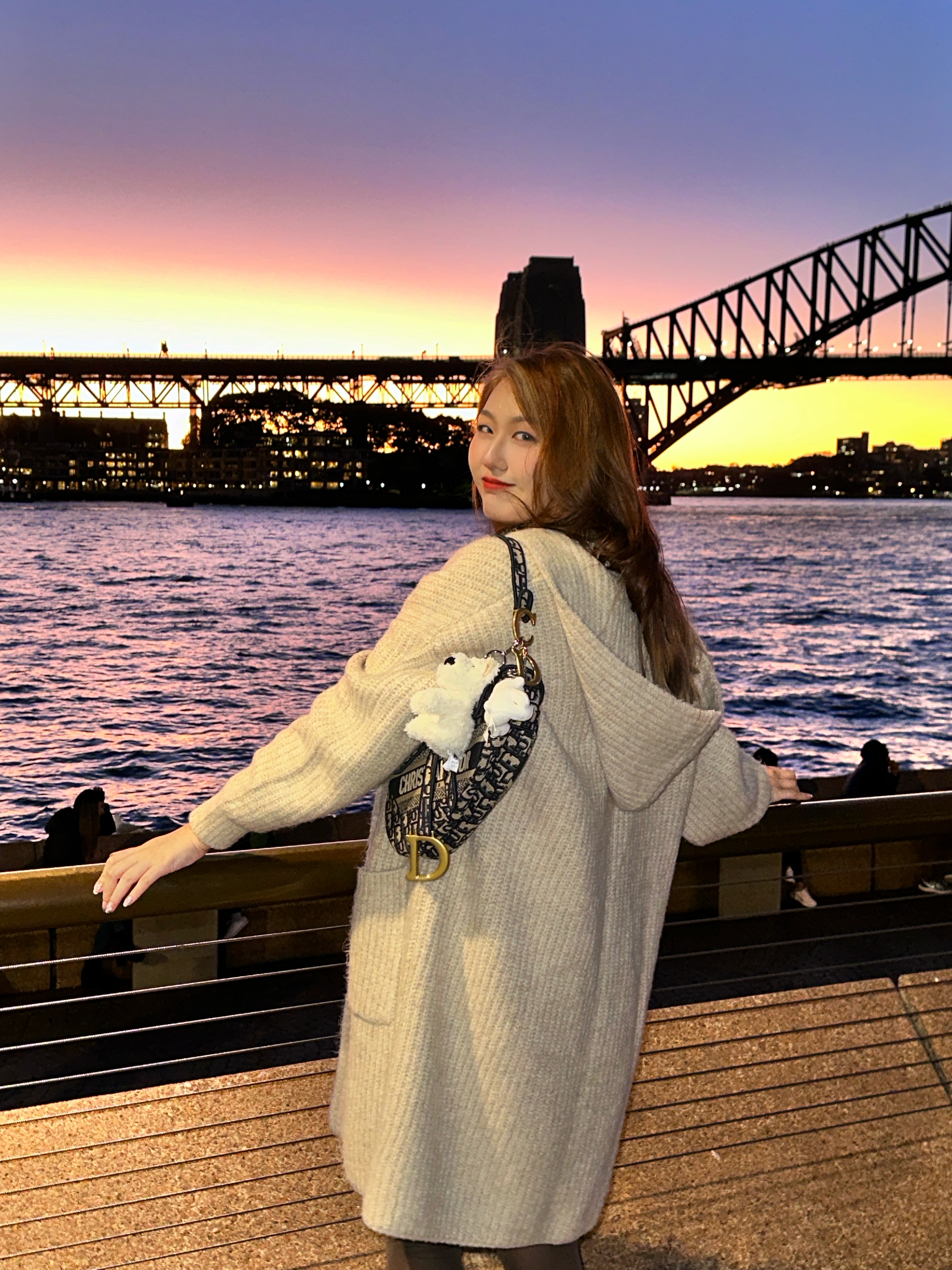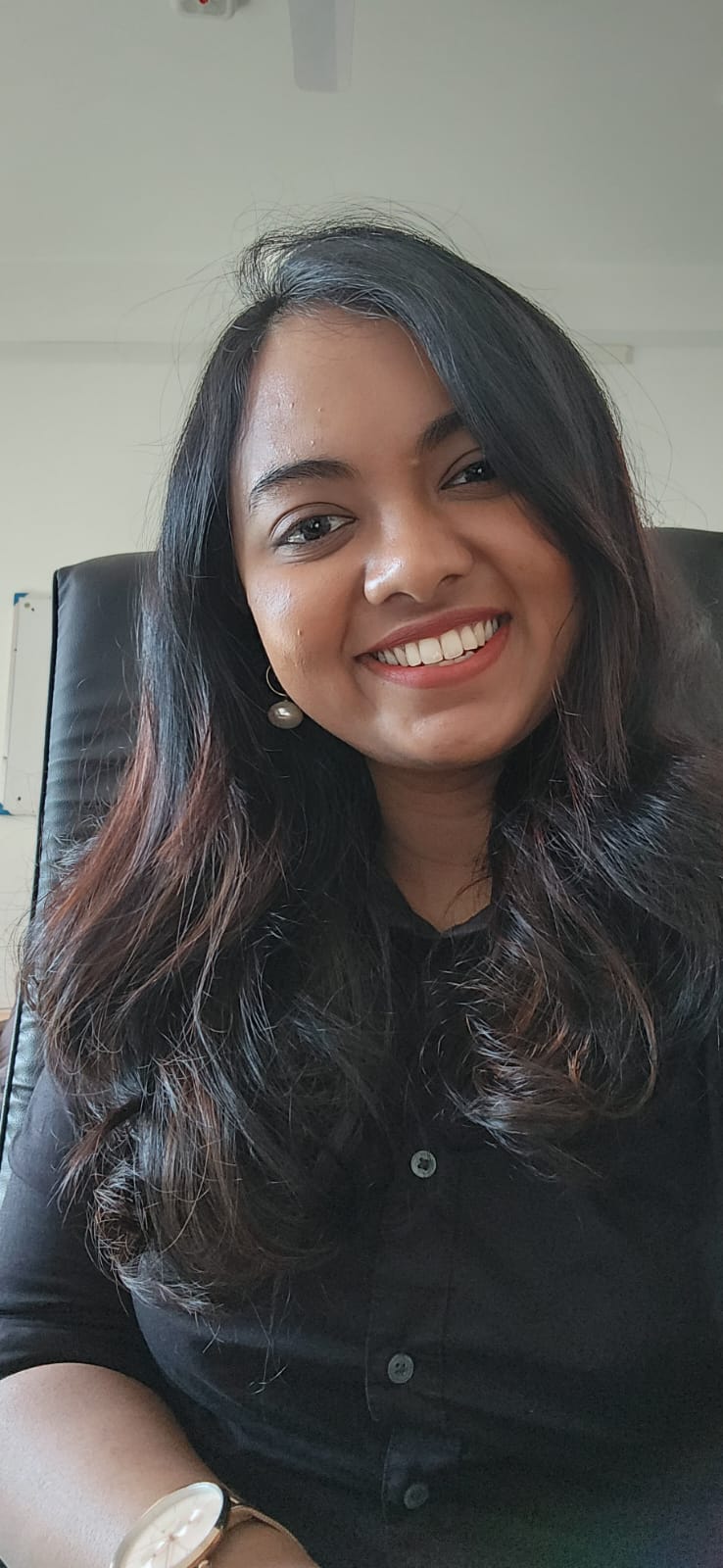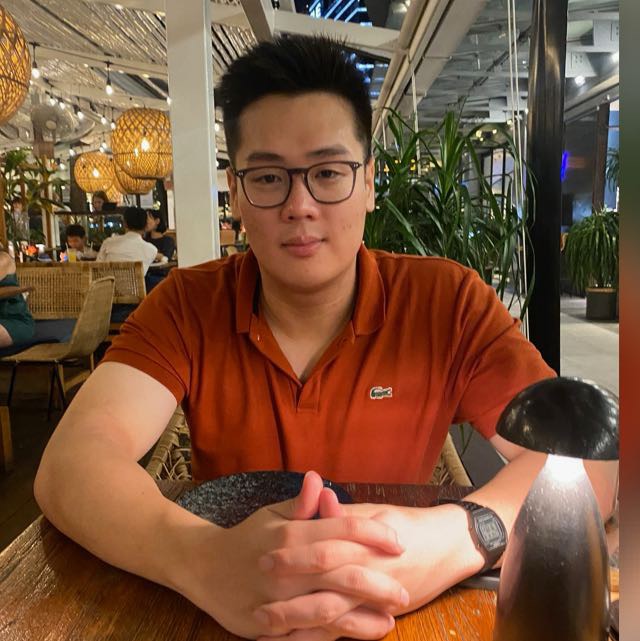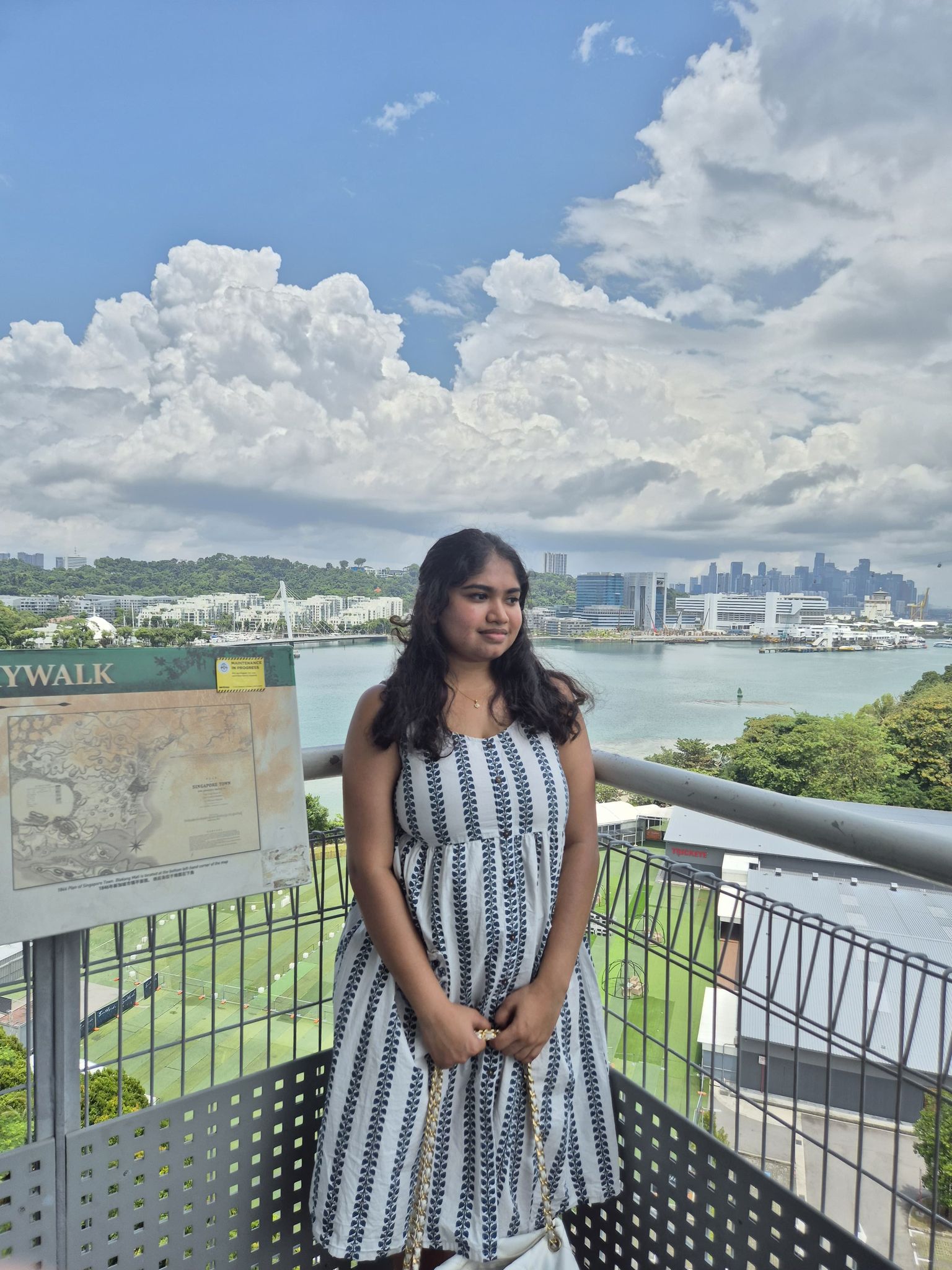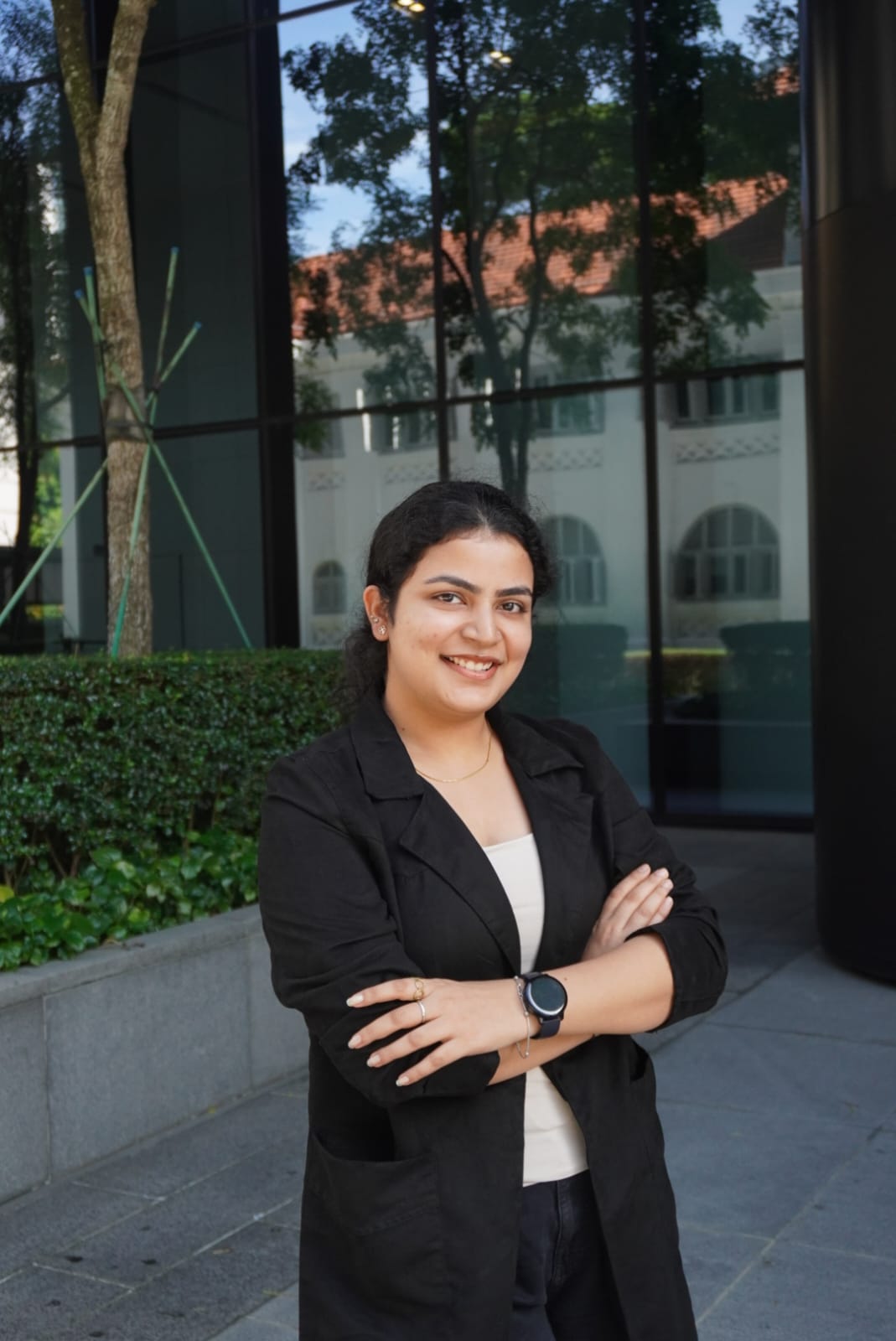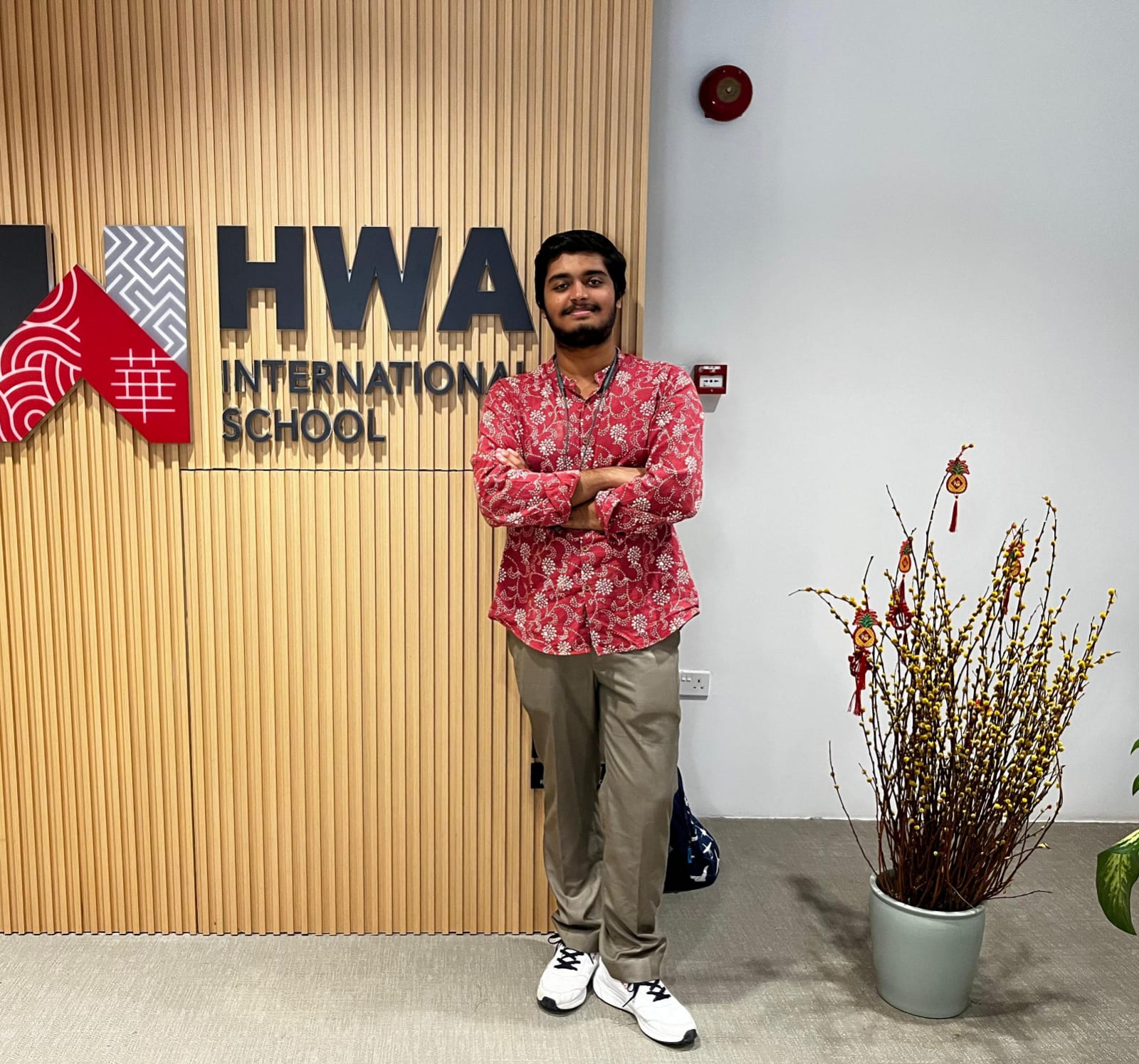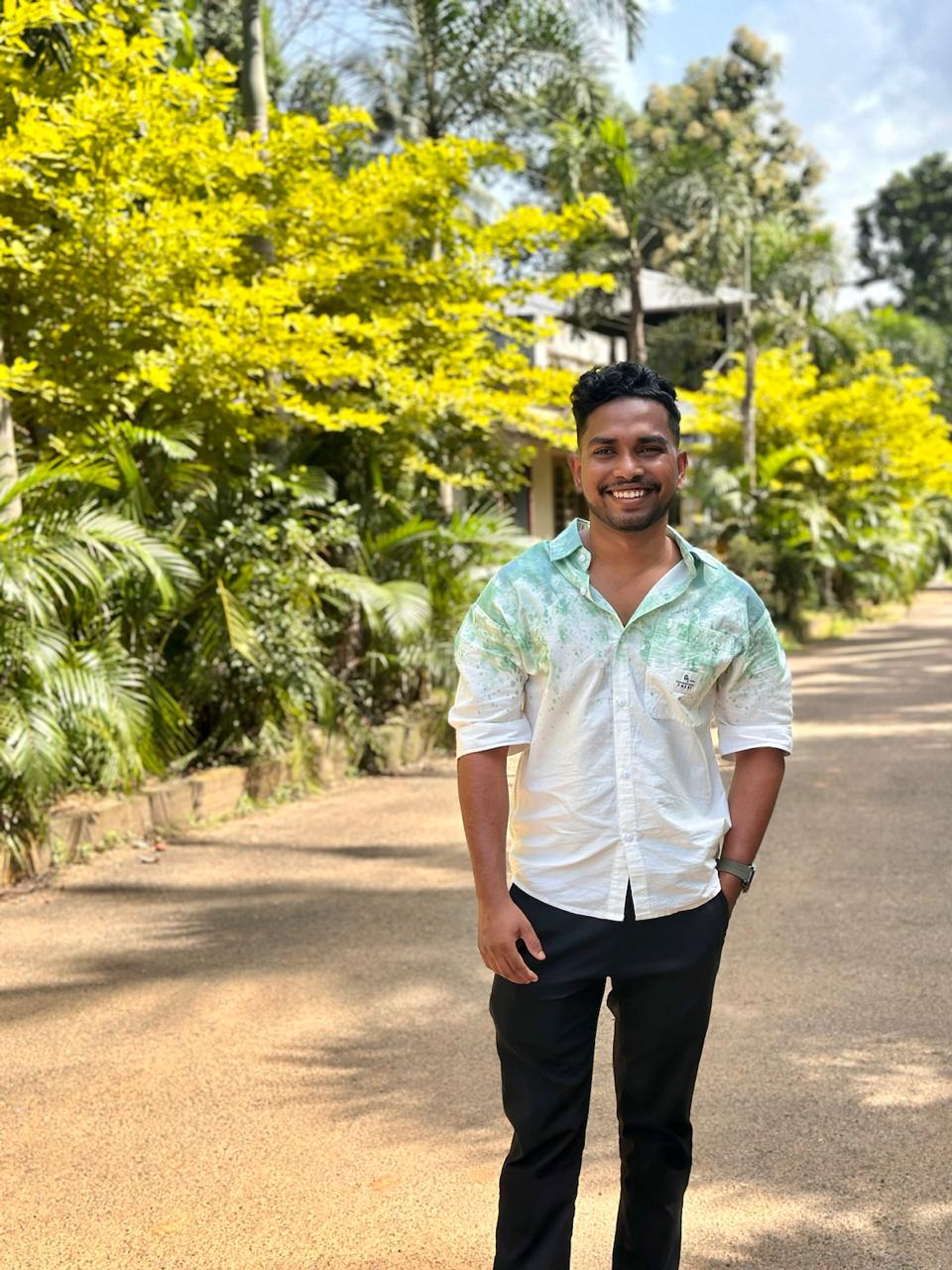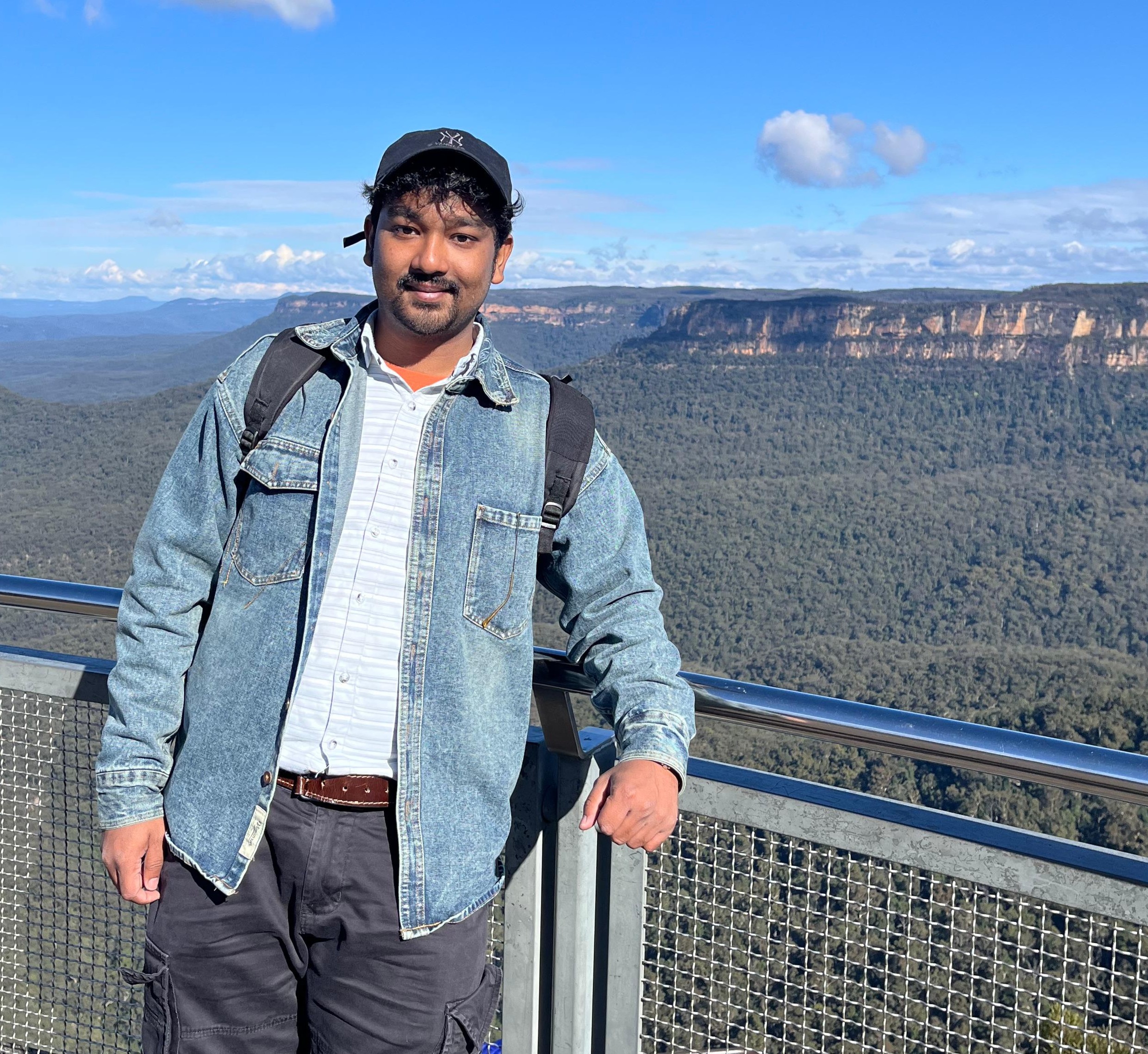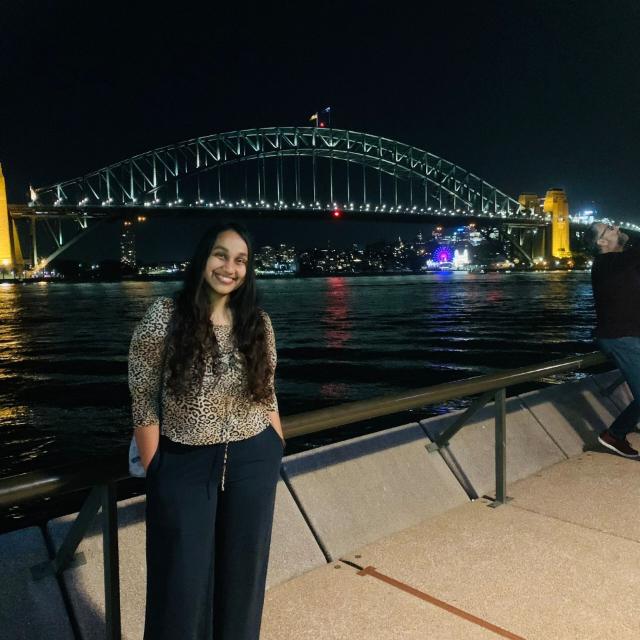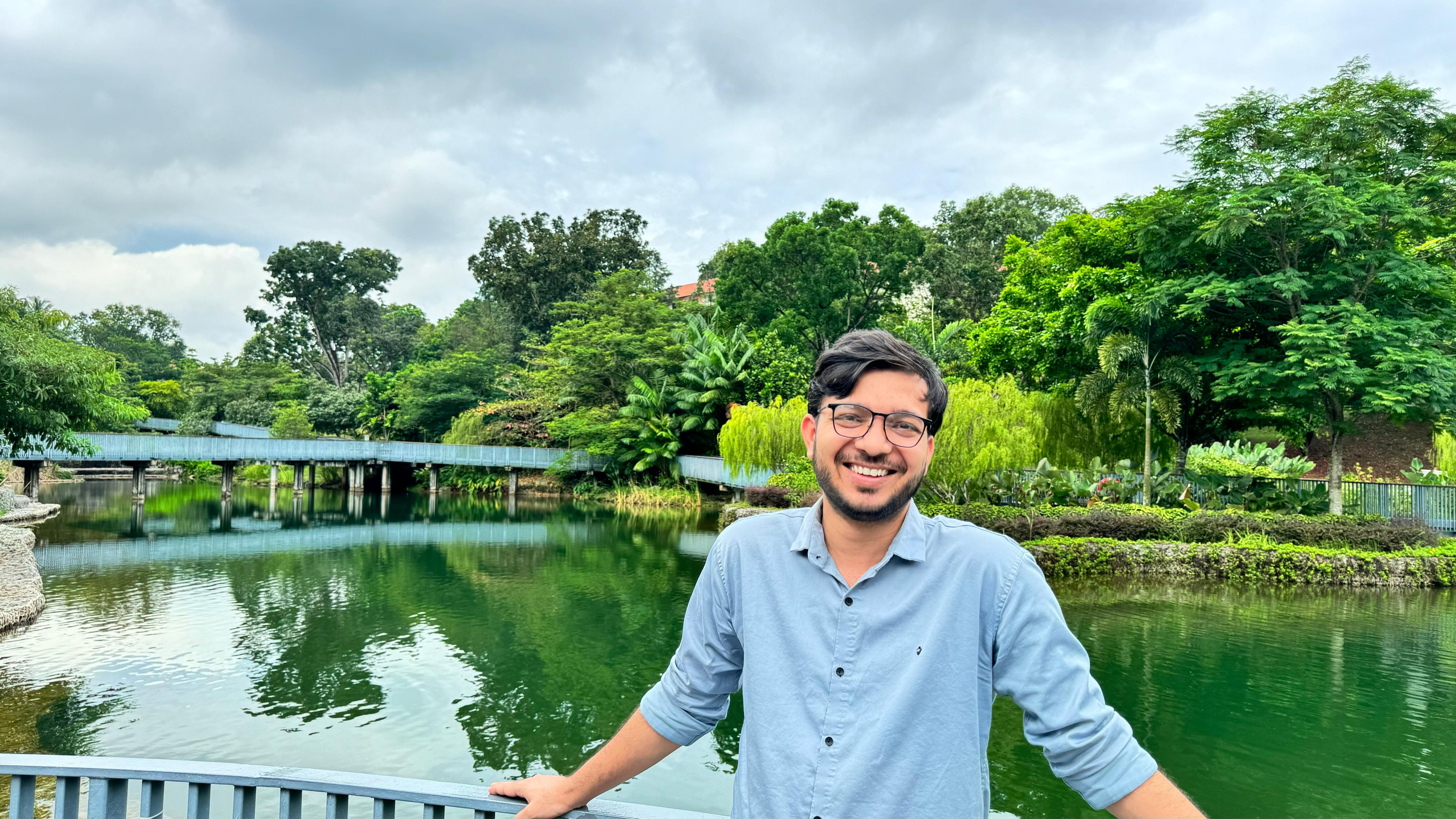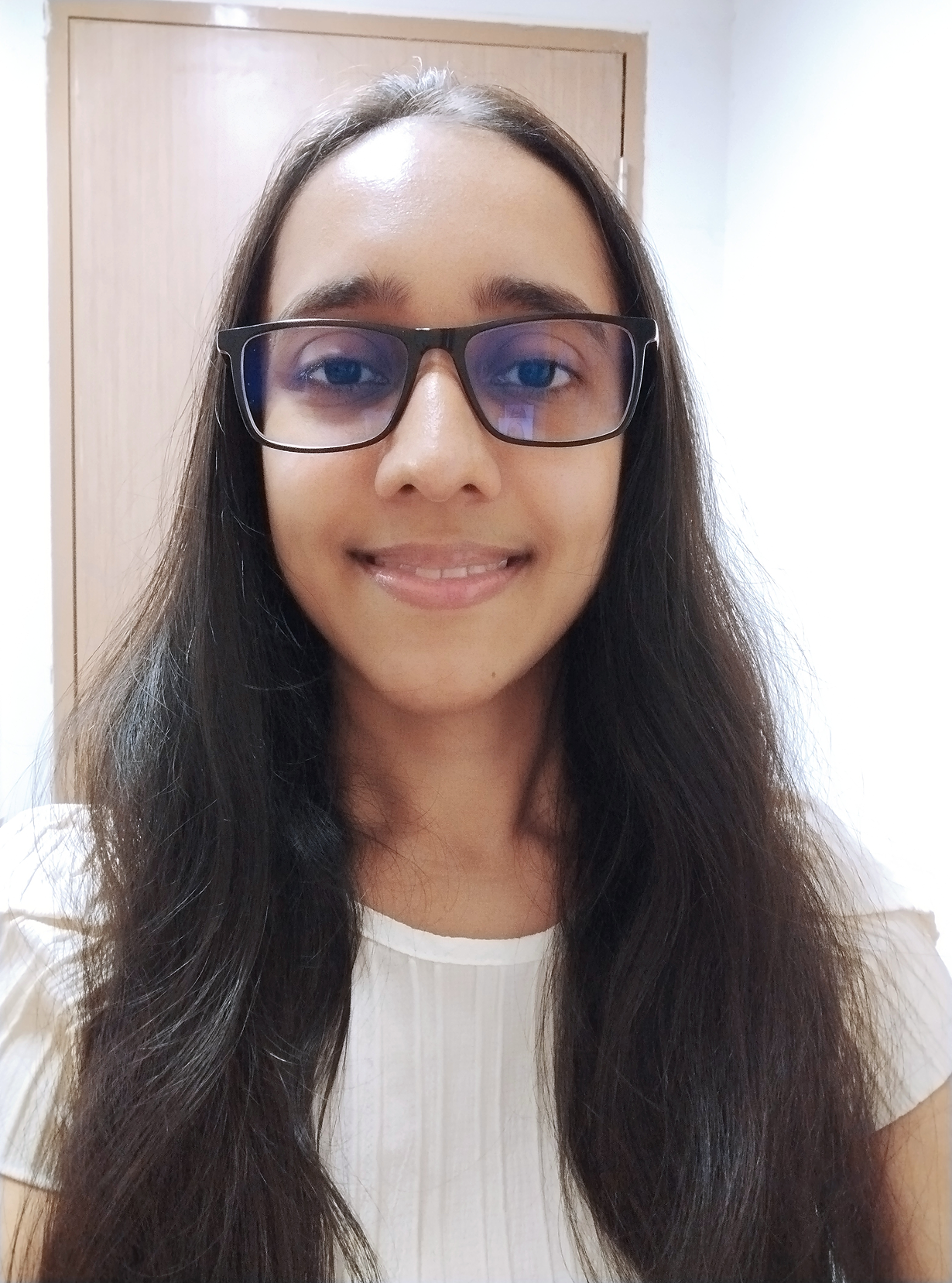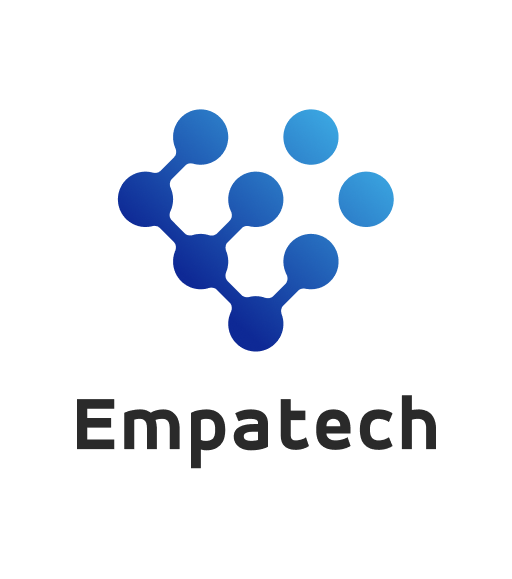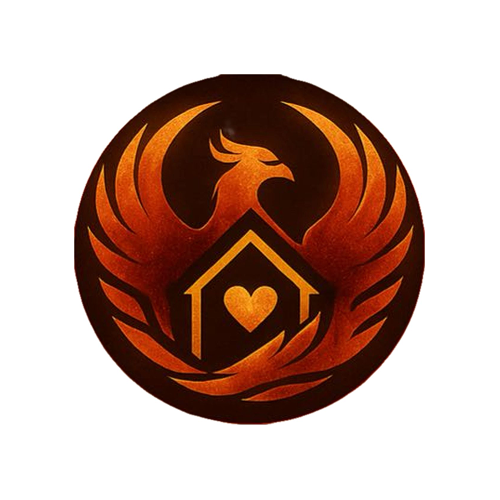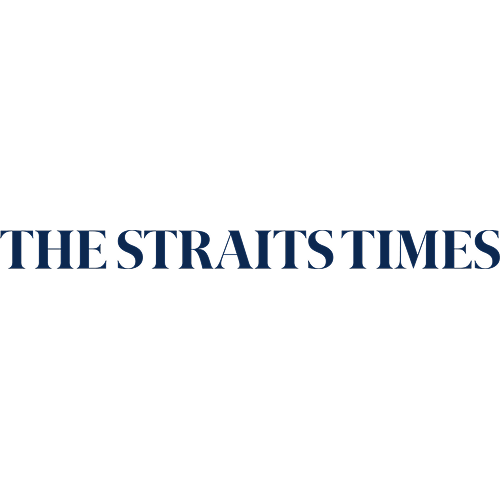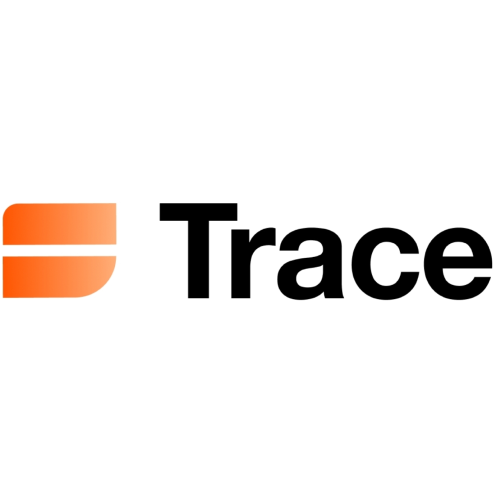





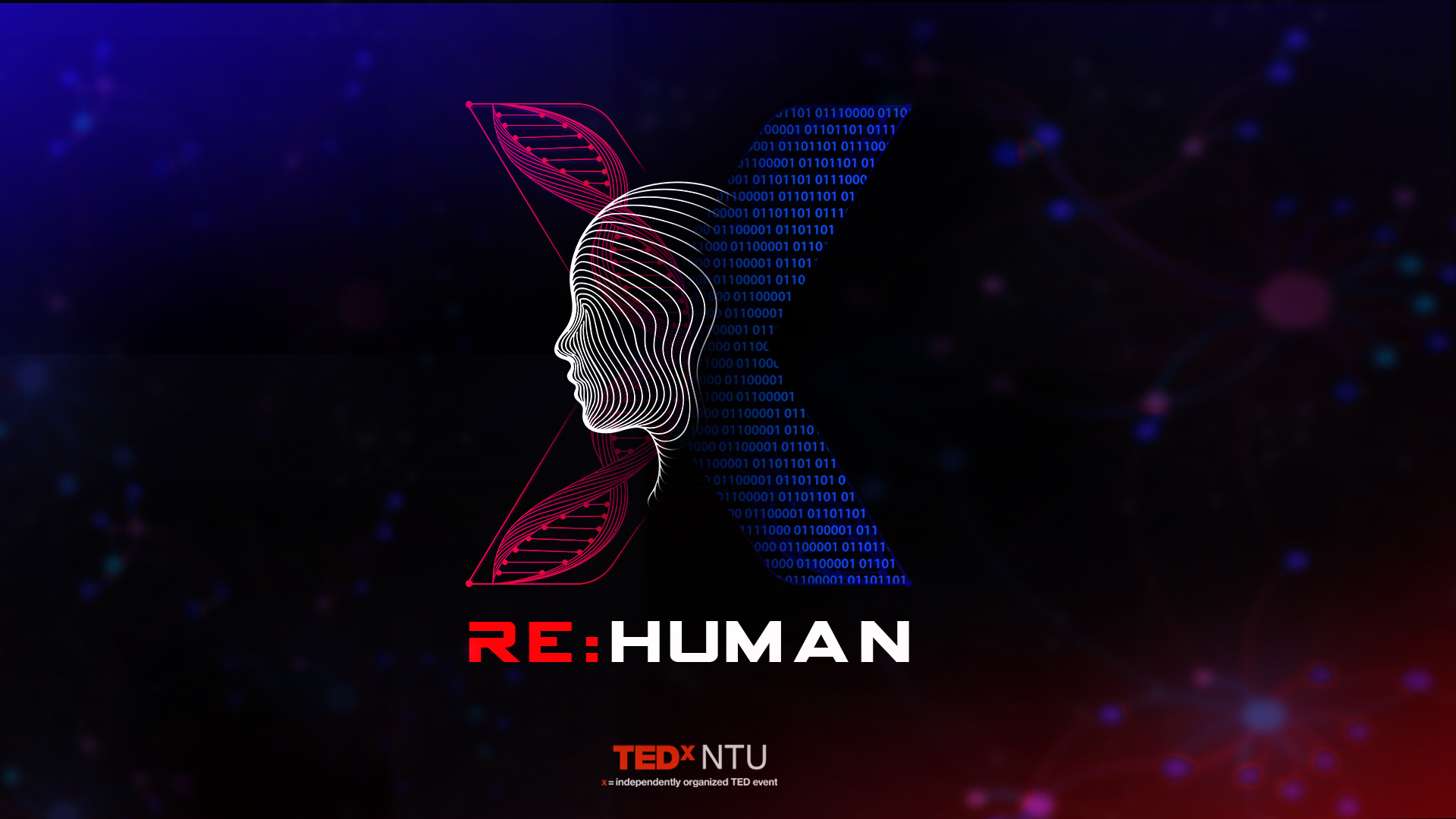
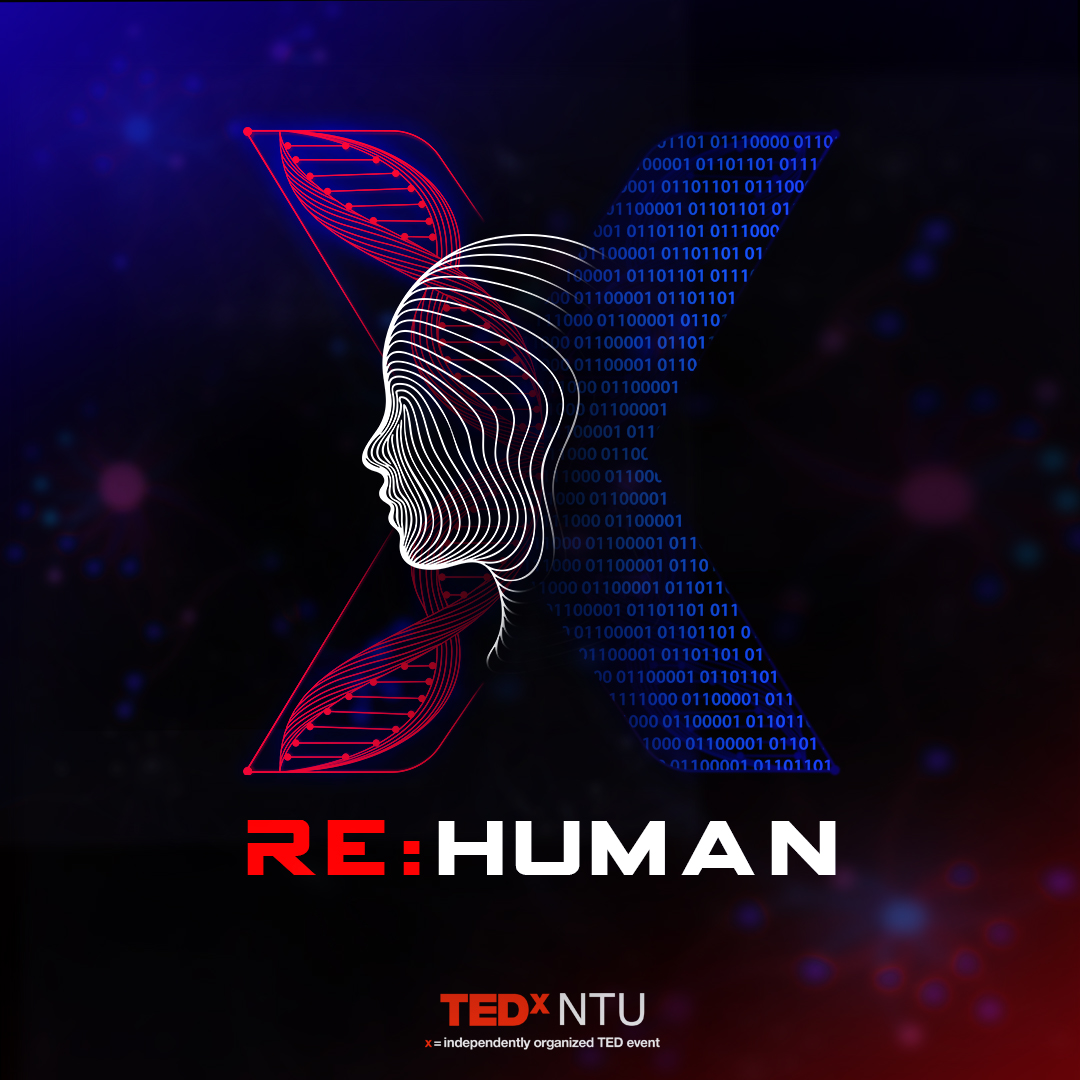

Being human is a complex, ever-evolving experience. As technology weaves itself into every aspect of our lives, the boundaries between human and machine blur, giving rise to new ways of thinking, feeling, and connecting. RE: Human challenges us to rewind and learn from the past, review and reflect on the present, and reboot into the future. How do we adapt, struggle, and transform in times of rapid change? How do we retain our essence and values amidst digital acceleration? Join us as we examine the interplay between humanity and technology, and discover how empathy, creativity, and solidarity can shape a future where both coexist in harmony. Get ready for TEDxNTU 2025, where a dynamic lineup of speakers will guide us through thought-provoking questions that challenge our understanding of the world: As life shifts into virtual spaces, what becomes of touch, presence, and intimacy? Can technology ever capture the essence of connection? Algorithms shape our choices, how do we protect our values? Is true autonomy still possible? If we can engineer our bodies and minds, what remains of our humanity? Could perfection strip away the flaws that make us real? Can storytelling unite us again in an age of fractured digital narratives? Could the oldest human art help us reboot our future?


Being human is a complex, ever-evolving experience. As technology weaves itself into every aspect of our lives, the boundaries between human and machine blur, giving rise to new ways of thinking, feeling, and connecting. RE: Human challenges us to rewind and learn from the past, review and reflect on the present, and reboot into the future. How do we adapt, struggle, and transform in times of rapid change? How do we retain our essence and values amidst digital acceleration? Join us as we examine the interplay between humanity and technology, and discover how empathy, creativity, and solidarity can shape a future where both coexist in harmony. Get ready for TEDxNTU 2025, where a dynamic lineup of speakers will guide us through thought-provoking questions that challenge our understanding of the world: As life shifts into virtual spaces, what becomes of touch, presence, and intimacy? Can technology ever capture the essence of connection? Algorithms shape our choices, how do we protect our values? Is true autonomy still possible? If we can engineer our bodies and minds, what remains of our humanity? Could perfection strip away the flaws that make us real? Can storytelling unite us again in an age of fractured digital narratives? Could the oldest human art help us reboot our future?
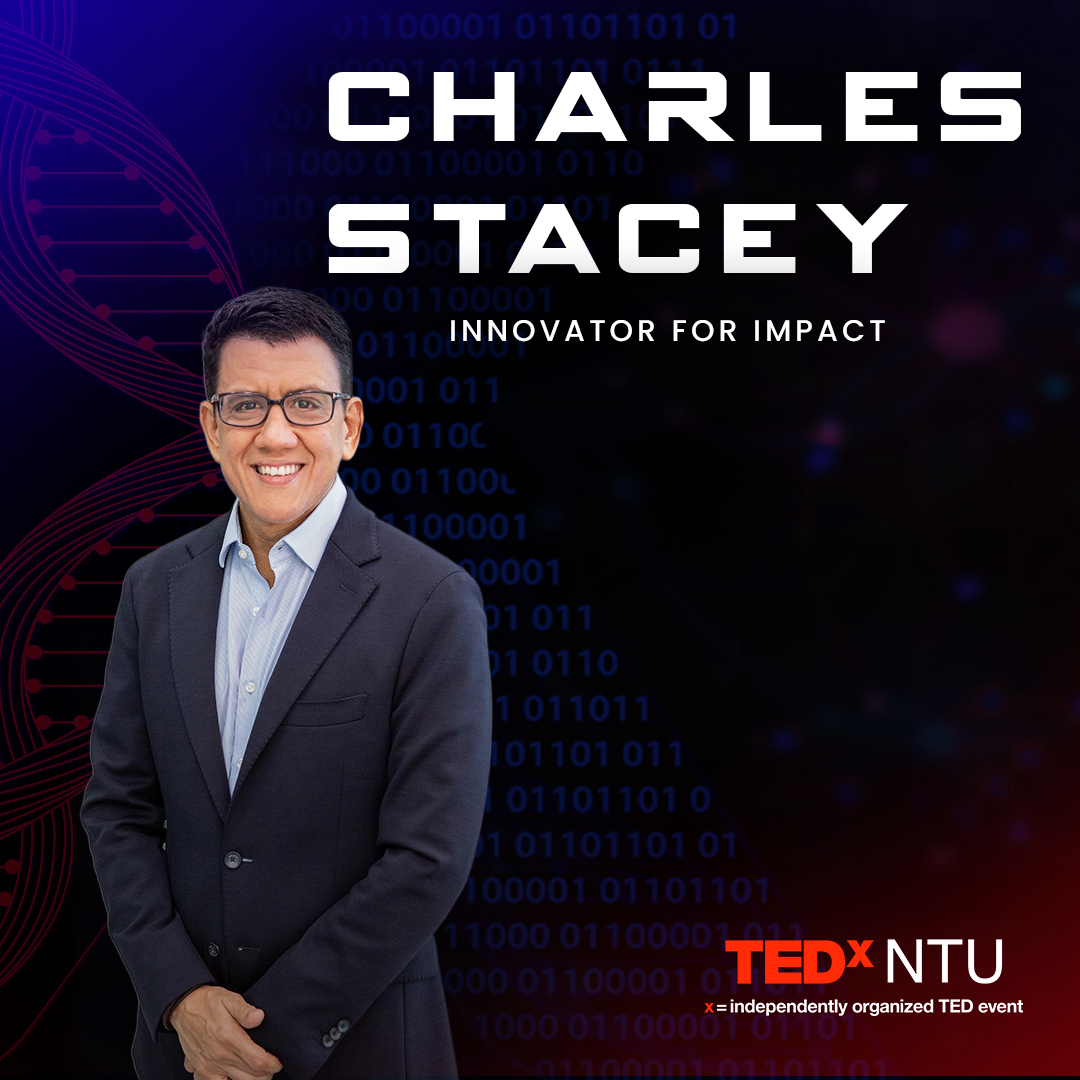
Dr. Charles Stacey is a physician, entrepreneur, and biotech leader committed to transforming brain health. As President and CEO of Cerecin, he leads the development of breakthrough therapeutics for neurological diseases. Before Cerecin, Charles was part of Inventages, a venture capital group managing $1.5B in global health investments. He has founded and led medical technology companies, and began his career as a trauma and reconstructive surgeon after earning his medical degree from King’s College London and a bachelor’s in neuroscience from UCL. He also holds an MBA from both the London Business School and the Wharton School. In addition to his leadership at Cerecin, Charles is an active investor and advisor to early-stage life science companies. Passionate about innovation and driven by human impact, he is focused on innovating for impact—bringing a rare blend of clinical insight, entrepreneurial drive, and visionary thinking to the future of healthcare.


A sociolinguist by doctoral training, Dr Ritu Jain is interested in the intersection of language management and language practices. She is particularly fascinated by upstream causes such as language policies for downstream effects of language use/disuse and implications for community and individual identity, culture and tradition, and societal multilingualism. Dr Jain has extensively researched the role of language education policy in the promotion and maintenance of minority languages and the inexorable shift away from community languages towards English. Currently, she is investigating language practices and ideologies in Singapore as part of a multi-sited study on intergenerational language transmission. Dr Jain is editor of Multilingual Singapore: Language Policies and Linguistic Realities (2021) and has published in journals such as Language Policy and Current Issues in Language Planning.

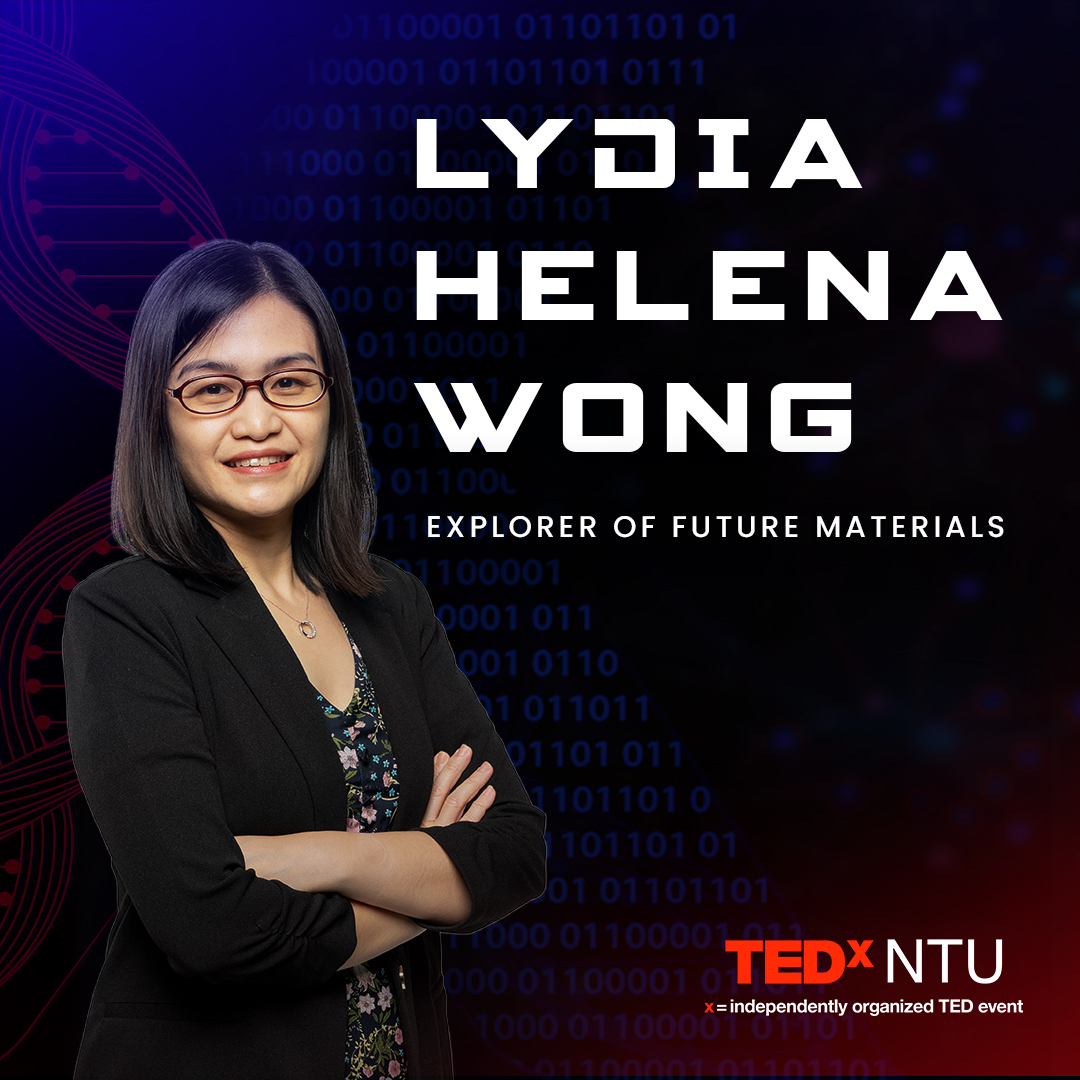
Lydia Wong is a Professor of Materials Science and Engineering at NTU Singapore. She leads major strategic initiatives as Director of GAIN, NTU’s global industry liaison platform, and Executive Director of the Indonesia–NTU Singapore Institute of Research for Sustainability and Innovation (INSPIRASI), a bilateral collaboration with Indonesia. Her research focuses on semiconductor materials for clean energy and electronics, with over 170 publications and 12,000 citations. A Fellow of the Royal Society of Chemistry, she serves on editorial boards of leading journals in materials chemistry. Prof Wong is a multiple teaching award winner and a passionate advocate for mentoring and increasing diversity in STEM.

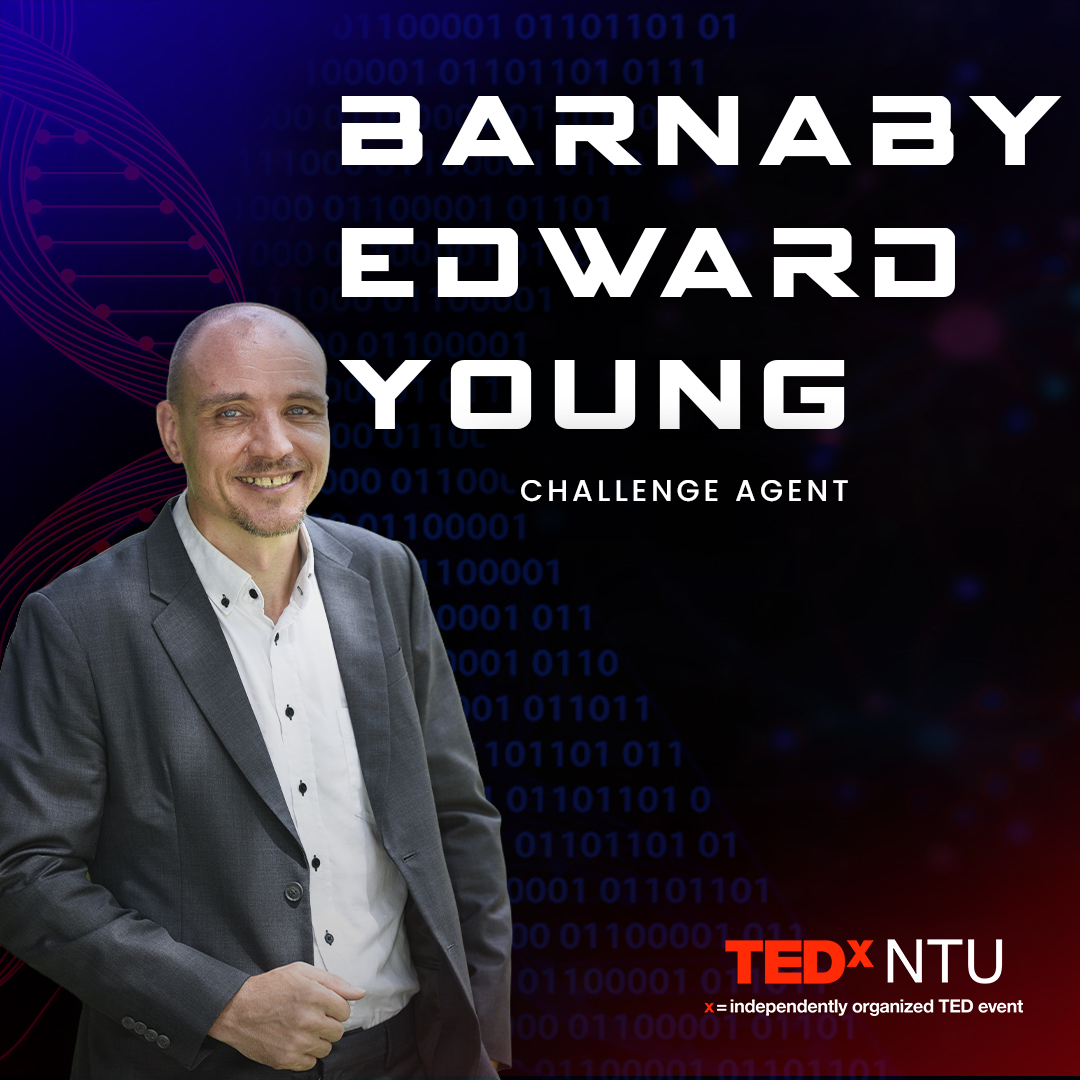
Barnaby Young is an infectious disease physician at the National Centre for Infectious Diseases (NCID) and Tan Tock Seng Hospital (TTSH) and jointly appointed at Lee Kong Chian School of Medicine. He is Director of the Singapore Infectious Disease Clinical Research Network (SCRN), where he works with other clinician-scientists from across Singapore’s healthcare system and academia to co-ordinate ID-related clinical research. His research interests are primarily in viral infections, and in 2023 he was awarded funding to conduct Singapore’s first controlled human infection study (with SARS-CoV-2). He is working to establish a robust and safe platform for these studies, including for other infections such as dengue.

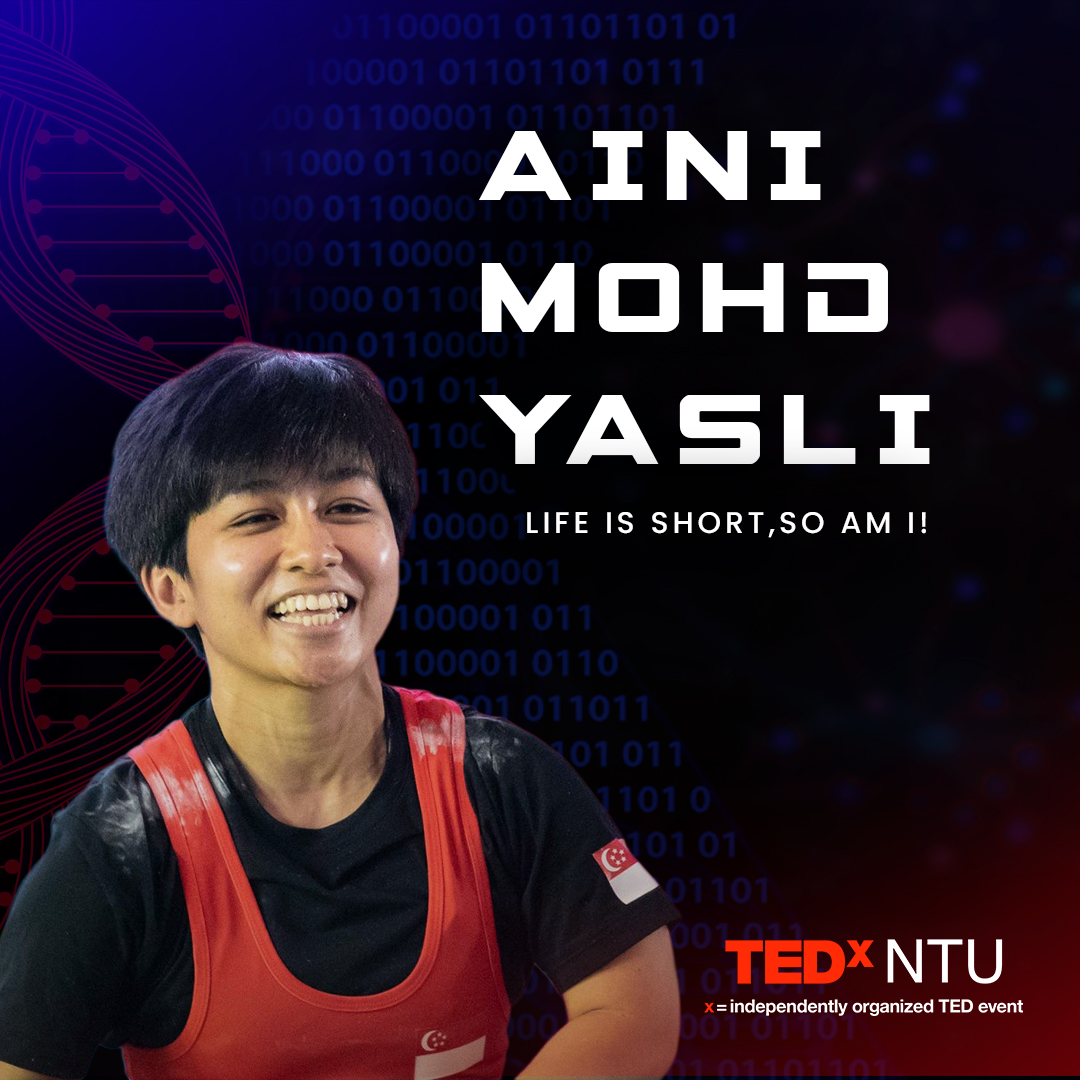
Aini Mohd Yasli made history as Singapore’s first Paralympic para powerlifter, representing the nation at the Tokyo 2020 Paralympic Games. Today, she continues to break barriers as an educator and a storyteller. Aini will share her journey of navigating gender stereotypes and societal expectations, offering a personal reflection on identity, resilience and human spirit. Her perspective challenges us to think about what it truly means to be human in an increasingly AI-driven world. Through her lived experiences, Aini reminds us that in the age of rapid technological evolution, it is our vulnerability, connection, and sense of purpose that remain profoundly and beautifully human.



Dr. Charles Stacey is a physician, entrepreneur, and biotech leader committed to transforming brain health. As President and CEO of Cerecin, he leads the development of breakthrough therapeutics for neurological diseases. Before Cerecin, Charles was part of Inventages, a venture capital group managing $1.5B in global health investments. He has founded and led medical technology companies, and began his career as a trauma and reconstructive surgeon after earning his medical degree from King’s College London and a bachelor’s in neuroscience from UCL. He also holds an MBA from both the London Business School and the Wharton School. In addition to his leadership at Cerecin, Charles is an active investor and advisor to early-stage life science companies. Passionate about innovation and driven by human impact, he is focused on innovating for impact—bringing a rare blend of clinical insight, entrepreneurial drive, and visionary thinking to the future of healthcare.


A sociolinguist by doctoral training, Dr Ritu Jain is interested in the intersection of language management and language practices. She is particularly fascinated by upstream causes such as language policies for downstream effects of language use/disuse and implications for community and individual identity, culture and tradition, and societal multilingualism. Dr Jain has extensively researched the role of language education policy in the promotion and maintenance of minority languages and the inexorable shift away from community languages towards English. Currently, she is investigating language practices and ideologies in Singapore as part of a multi-sited study on intergenerational language transmission. Dr Jain is editor of Multilingual Singapore: Language Policies and Linguistic Realities (2021) and has published in journals such as Language Policy and Current Issues in Language Planning.


Lydia Wong is a Professor of Materials Science and Engineering at NTU Singapore. She leads major strategic initiatives as Director of GAIN, NTU’s global industry liaison platform, and Executive Director of the Indonesia–NTU Singapore Institute of Research for Sustainability and Innovation (INSPIRASI), a bilateral collaboration with Indonesia. Her research focuses on semiconductor materials for clean energy and electronics, with over 170 publications and 12,000 citations. A Fellow of the Royal Society of Chemistry, she serves on editorial boards of leading journals in materials chemistry. Prof Wong is a multiple teaching award winner and a passionate advocate for mentoring and increasing diversity in STEM.


Barnaby Young is an infectious disease physician at the National Centre for Infectious Diseases (NCID) and Tan Tock Seng Hospital (TTSH) and jointly appointed at Lee Kong Chian School of Medicine. He is Director of the Singapore Infectious Disease Clinical Research Network (SCRN), where he works with other clinician-scientists from across Singapore’s healthcare system and academia to co-ordinate ID-related clinical research. His research interests are primarily in viral infections, and in 2023 he was awarded funding to conduct Singapore’s first controlled human infection study (with SARS-CoV-2). He is working to establish a robust and safe platform for these studies, including for other infections such as dengue.


Aini Mohd Yasli made history as Singapore’s first Paralympic para powerlifter, representing the nation at the Tokyo 2020 Paralympic Games. Today, she continues to break barriers as an educator and a storyteller. Aini will share her journey of navigating gender stereotypes and societal expectations, offering a personal reflection on identity, resilience and human spirit. Her perspective challenges us to think about what it truly means to be human in an increasingly AI-driven world. Through her lived experiences, Aini reminds us that in the age of rapid technological evolution, it is our vulnerability, connection, and sense of purpose that remain profoundly and beautifully human.



